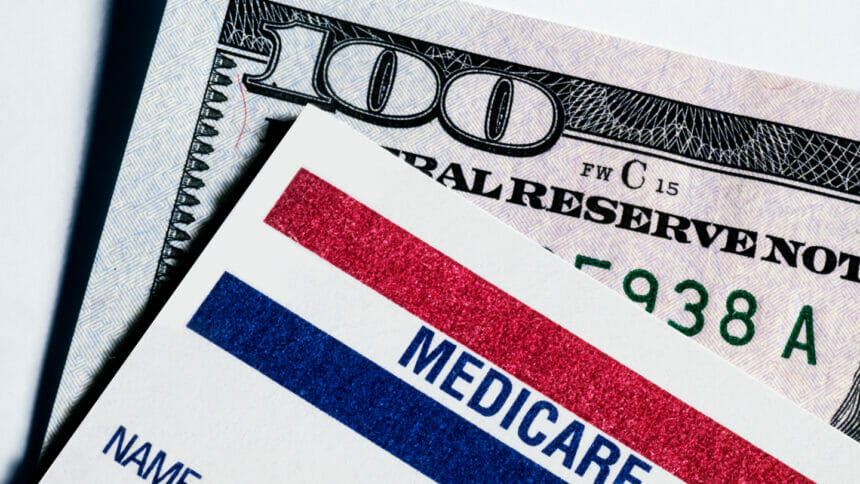
Four of the nation’s top provider groups representing long-term care, home health and hospitals are calling on Congress to extend a moratorium on the 2% Medicare sequester cuts into 2021 and for the duration of the coronavirus pandemic.
“Clearly the cost of providing care to patients continues to increase. Without future sequestration relief, America’s healthcare safety net could be at further risk of collapse,” the American Health Care, American Hospital and American Medical associations, and the National Association for Home Care & Hospice, wrote in a letter Wednesday to Congressional leaders.
The relief for providers was approved through the end of 2020 thanks to Congress passing the Coronavirus Aid, Relief, and Economic Security (CARES) Act in May. The groups argued that the relief from the cuts has been “critical” for all providers given the dire financial outlook they’ve been faced with.
“Given that the [public health emergency] is certain to continue into 2021, it is a safe assumption that America’s health care providers will continue to face the overwhelming financial challenges and pressures associated with higher overhead costs due to personal protective equipment and other safeguards, lost revenue due to delayed elective procedures and/or forgone routine visits, and hazard pay to staff,” they wrote.
They added without future sequestration relief “America’s healthcare safety net could be at further risk of collapse.”
“Physicians, nurses, hospitals, health systems, long-term care hospitals, inpatient rehabilitation facilities, skilled nursing facilities, home health agencies, and hospices have been hit hard by the pandemic, incurring significant expenses to treat the sick, but experiencing historic financial losses due to the decrease in inpatient and outpatient services,” the groups wrote.
“As such, we respectfully ask that Congress pass legislation this year that further postpones the application of this harmful 2% cut for the duration of the PHE in 2021,” they concluded.
The 2% sequestration reduction to Medicare payments have been in place since 2013. A 2013 analysis found that it would reduce payments to skilled nursing facilities by $9 billion over 10 years when the sequestration cuts first took effect.
In other news, AHCA President and CEO Mark Parkinson also issued a plea calling on public health officials and lawmakers that legal action and monetary penalties against long-term care providers for COVID-19 outcomes won’t improve care quality.
“Instead, these actions oftentimes fail to account for the entirety of what unfolded in a particular facility. Furthermore, they tie the hands of essential personnel and redirect critical resources away from where they are needed most,” Parkinson wrote in an op-ed for Morning Consult.
“Instead of pointing fingers, let’s acknowledge our challenges and begin to fortify areas such as workforce recruitment, training and retention, as well as Medicaid reimbursement policies which leave facilities under-resourced hurting both residents and caregivers,” he added.





